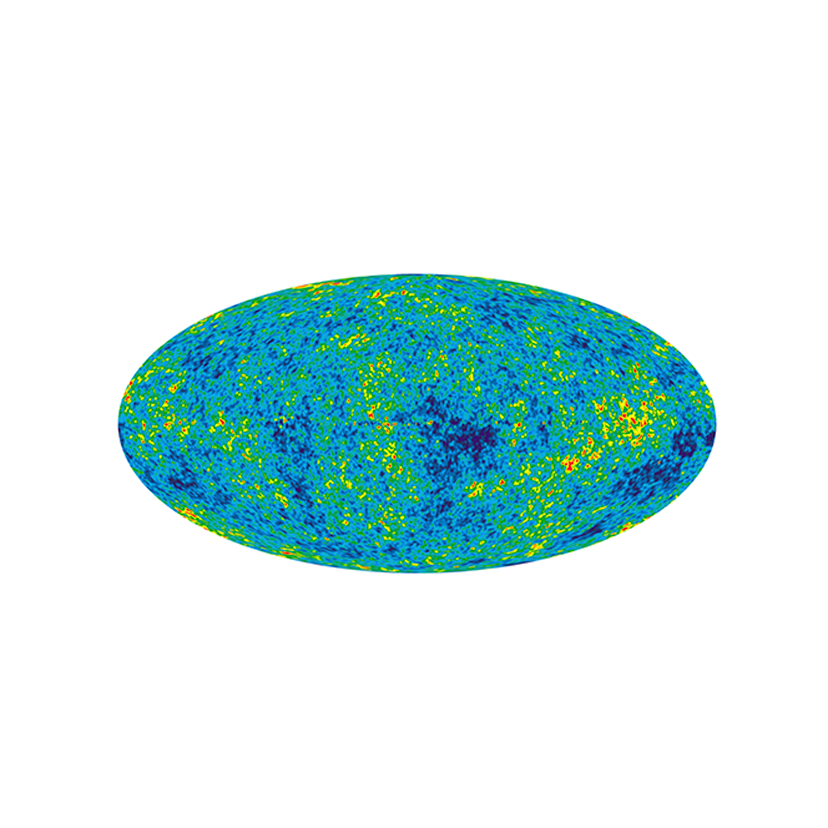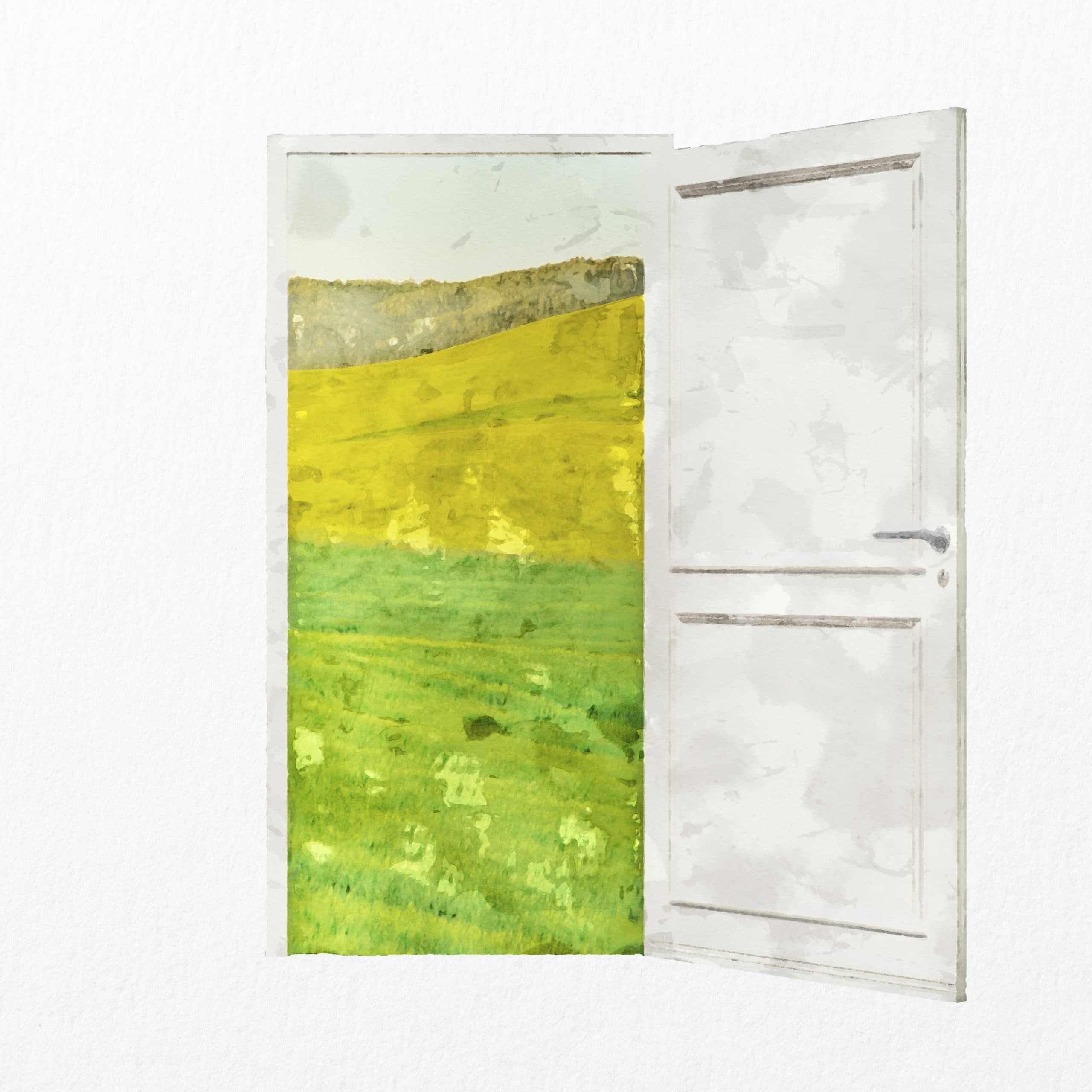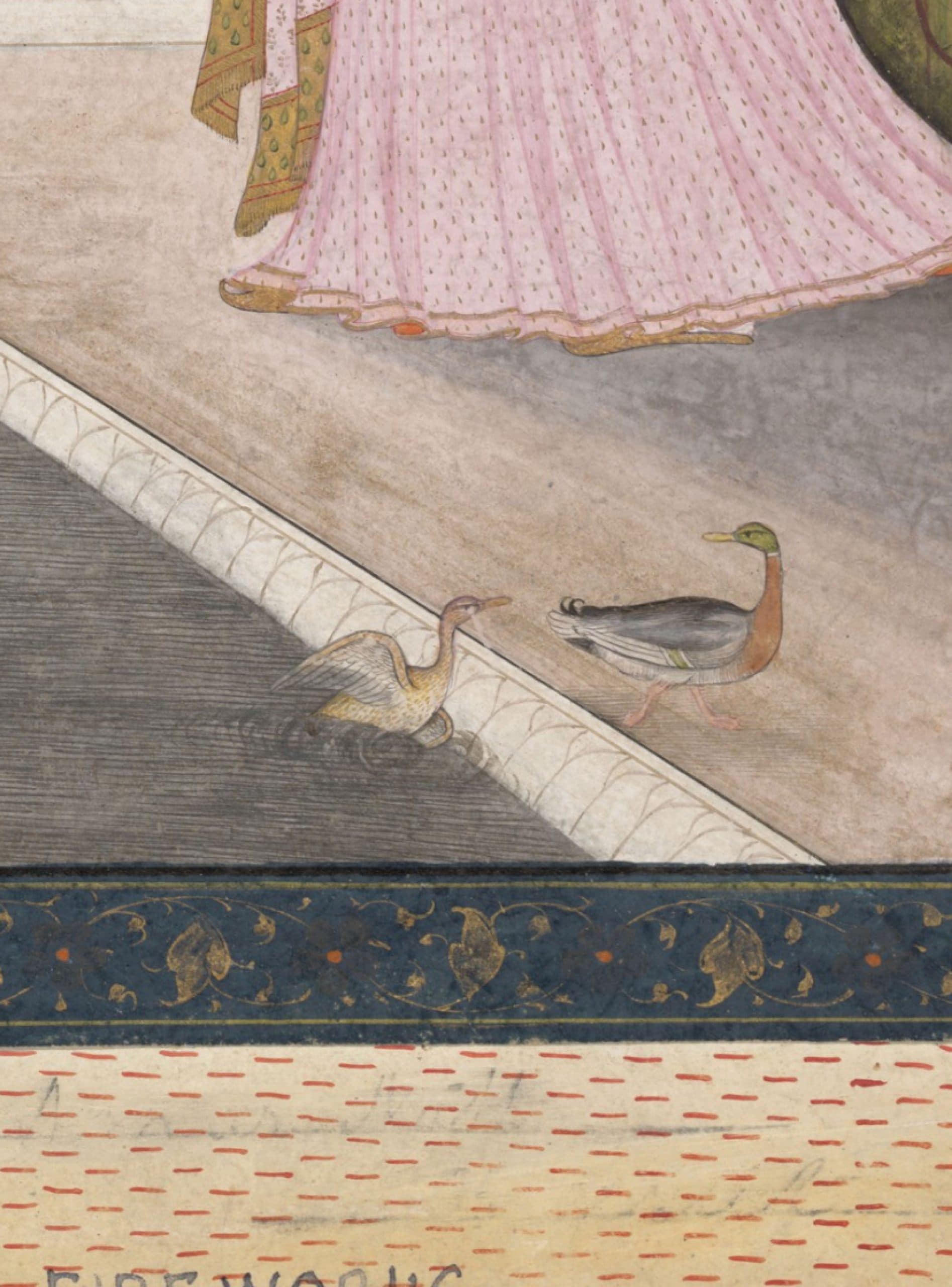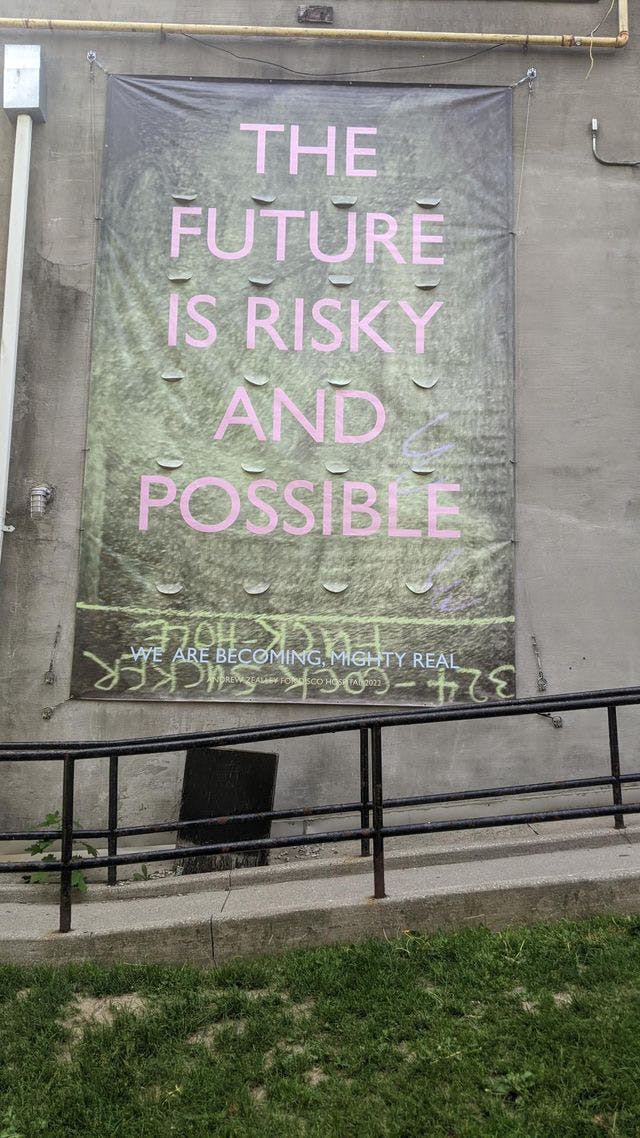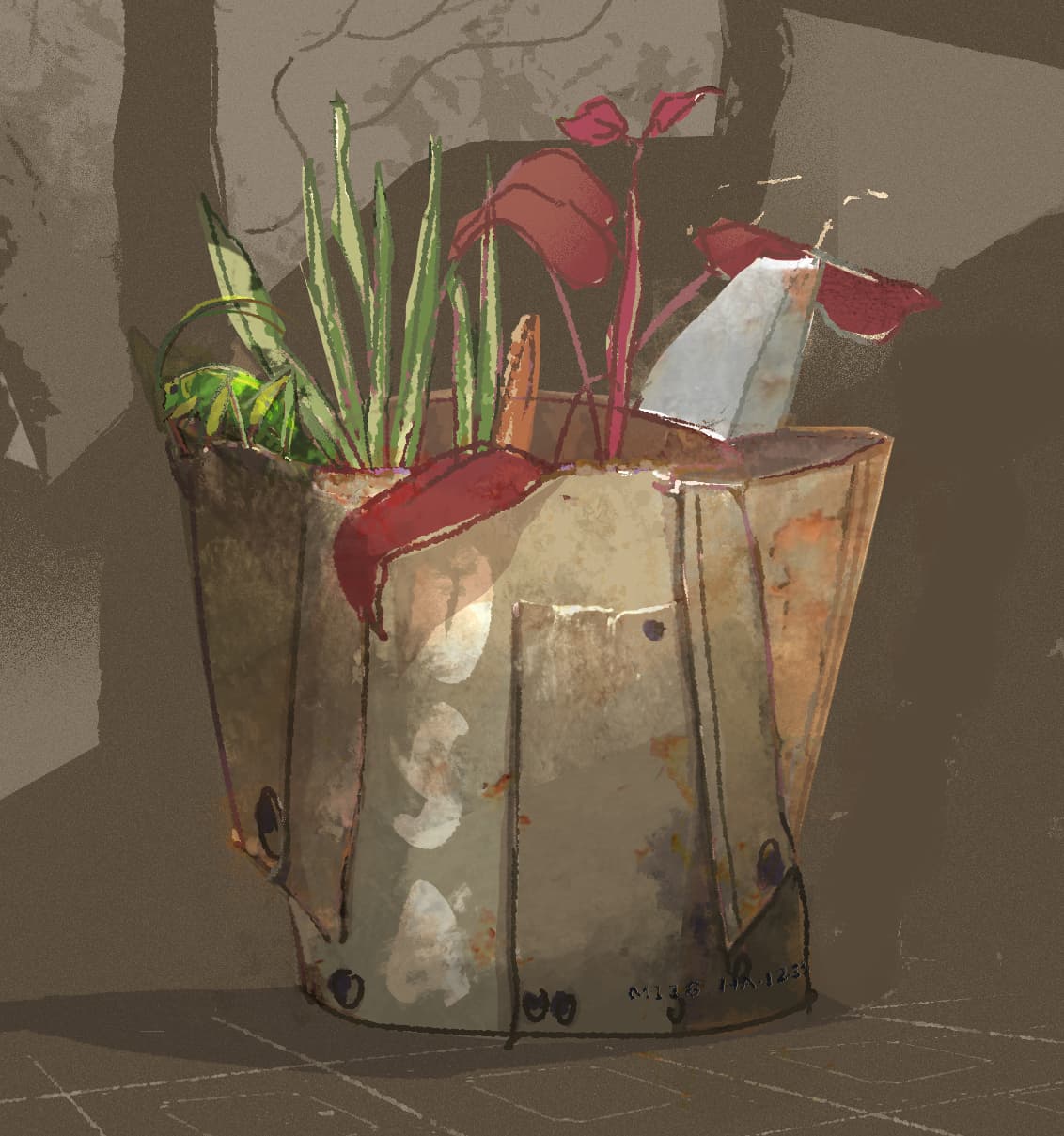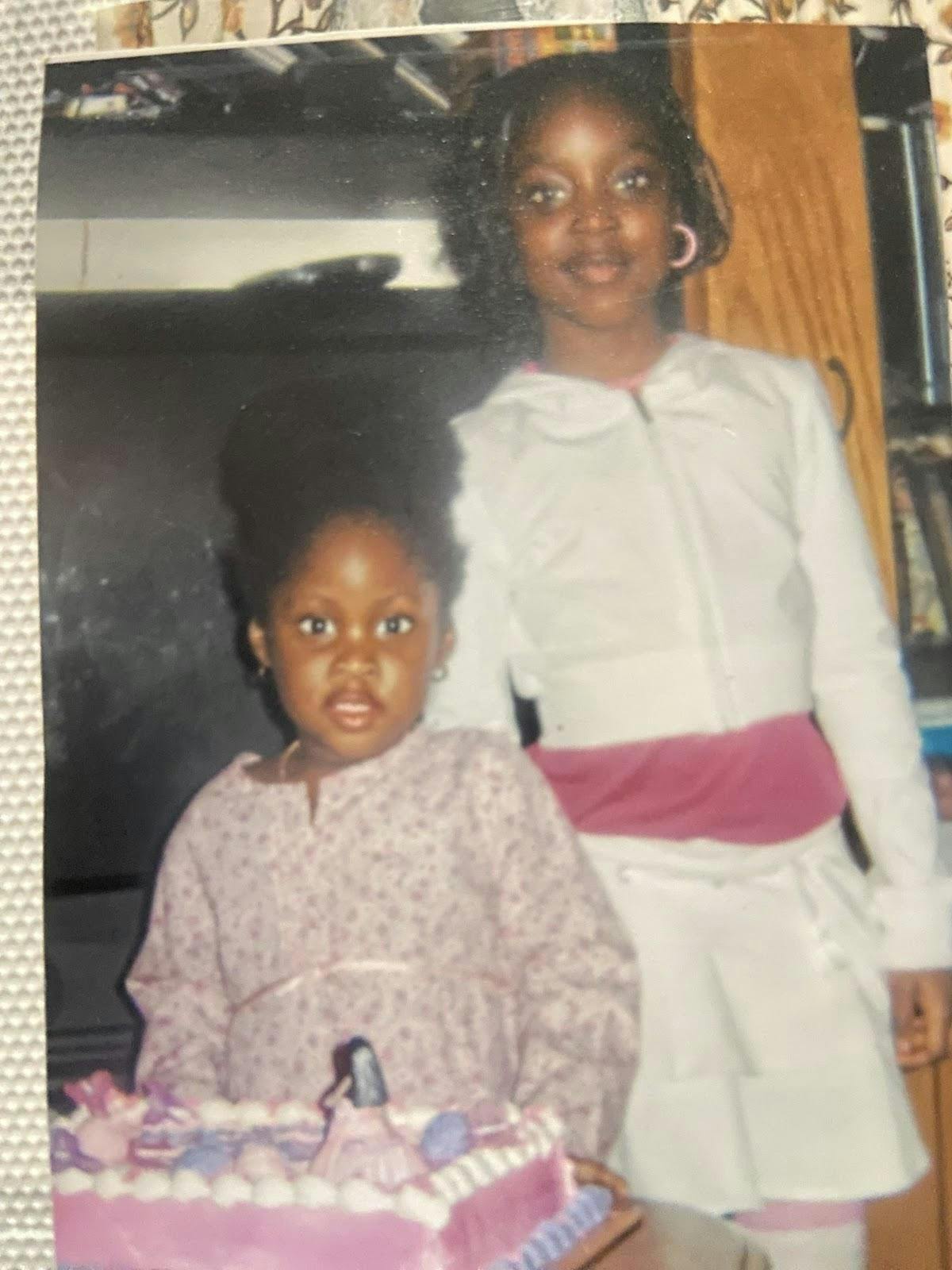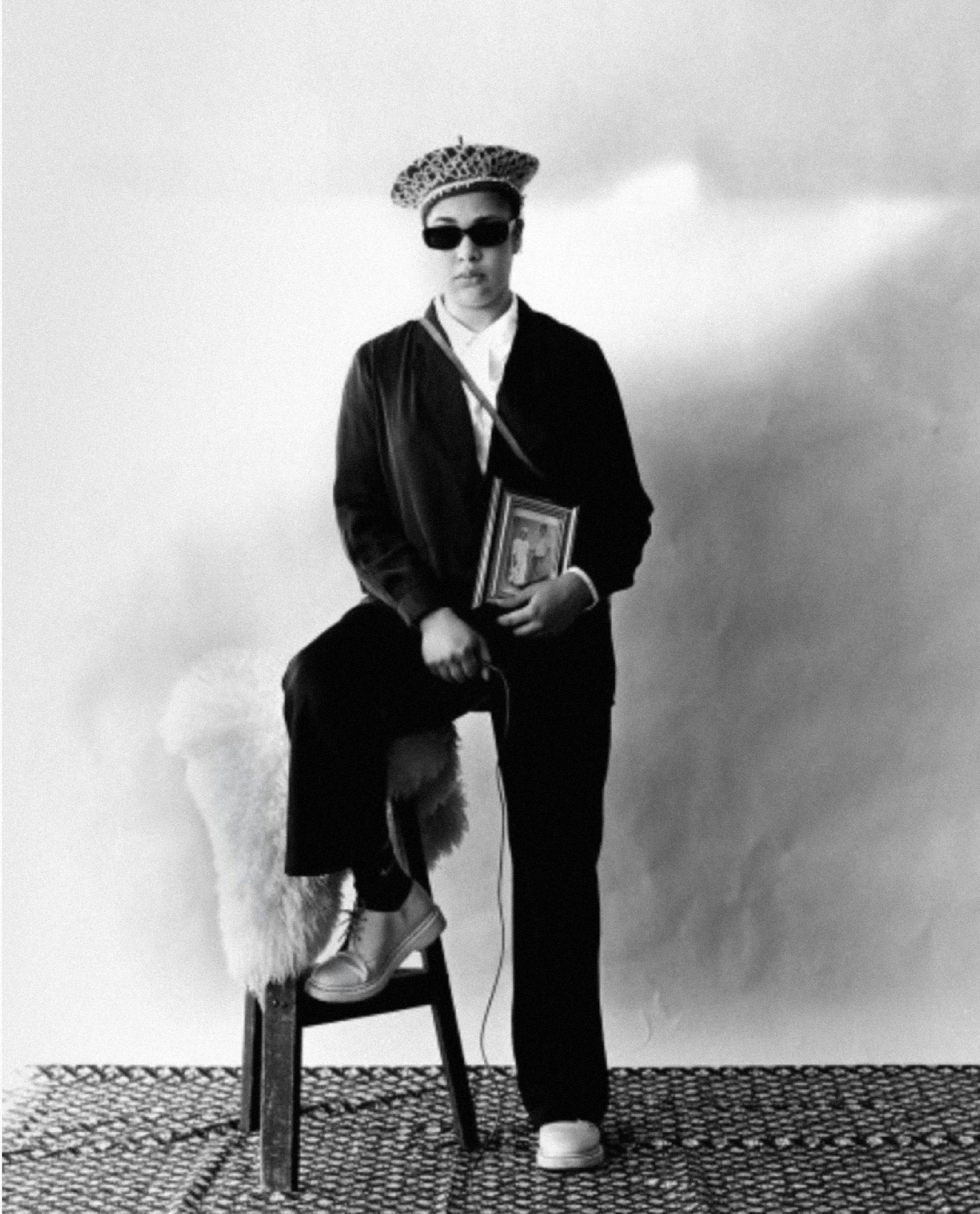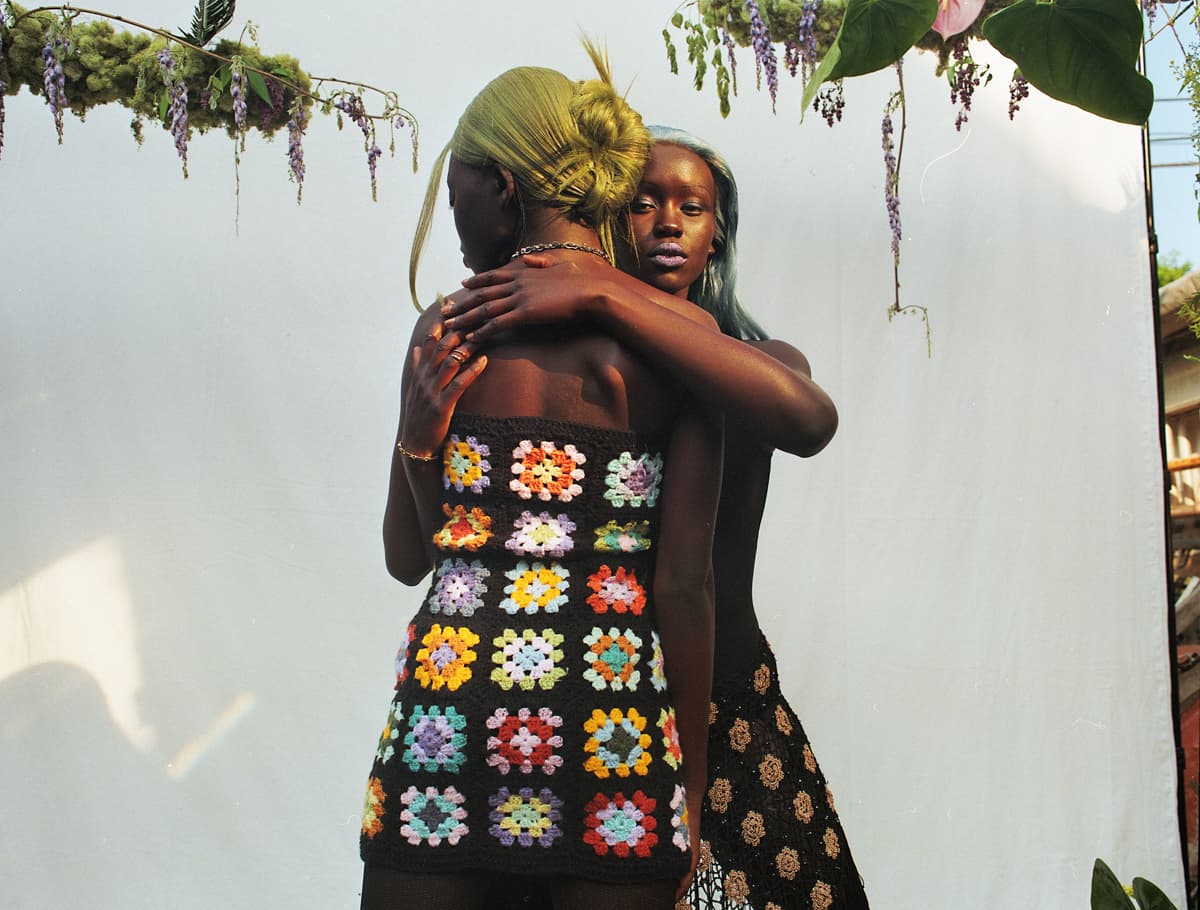
Editor's Note
When my mother began collecting stamps at the tender age of scraped knees and martabak manis on her walk back from school, she didn’t know she was archiving our familial relationships from a small Javanese town to the rest of the world.
From the rapping of the door by so-called strangers who seeked my mother’s guidance in the dreamworld, to the distinct cadence of pings from unknown numbers in my grief work, every inexplicable connection we’ve had can be traced back to this collection of carefully kept postages. From the desa that held stories of my great-grandmother to the ancestral burial grounds of the Kwantlen peoples, this quiet compilation of cutouts from letters and packages from my grandparent’s furniture store, maps the ways we’ve been in relationality with one another since the Silk Road.
It is nasib that we find our way back to these conversations.
In this issue, as we knock on the many doors offered by our contributors who are in mid-conversation with the antecedent, I invite us to notice the gentle artefacts that act a conduit: the detailed pattern of Palestinian embroidery, a grandmother’s bedtime story, the memory of a past self.
Cover artist Jorian Charlton’s Nyabel & Nevine, is one page in the cracking open of a revitalized family photo album based on a collection of 35mm slides taken by her father in the 1970s and ‘80s in Jamaica, New York and Toronto. Debuted at the AGO as a solo exhibition in 2017, Charlton invites us into a perpetual living room where she archives an active dialogue on the experiences of immigration and Black life.
In a revised excerpt from Amanda Fuller and Hari Alluri’s introduction to Read Ritual: an anthology (Locked Horn Press), the authors hand us blueprints for the making of “a kind of doorway.” Poetry treated as an altar, they suggest, can conjure multiple entrances until we hear the turning of a key. While, in This Piece is About Healing, Fariha Róisín tells us: the body is an altar; our memory, a key—but only if we do not turn on ourselves.
In this time of revolutionary action, I’m thinking about the size of these acts in the face of great urgency and that if fractals—as adrienne marie brown reminds us—can hold the same pattern at microscopic scales as they do in the size of the universe, so, too, can these spells, rituals and practices, that withstand perceptions of colonial time.
Affirmed by the gentle rustling of the wax paper in between the pages of my mother’s stamp book I think about how our destinies are interconnected beyond our shared struggles.

Before the displacing effects of the long twentieth century, past the amnesia, we have the responsibility of continuing conversations that hold collective memories of our liberation.
It is in naming a 9-year long secret war in one’s mother tongue. It is in remembering methamphetamine-use as liberatory during the AIDS epidemic. It is as large as the way Palestine recognized Indonesia’s sovereignty a year before it was officially declared to the UN—announcing it via Radio Berlin, condemning Japan for their silence, convincing British troops to back down from supporting the Dutch. It is as small as a postage stamp that recalls that solidarity.
Romila Barryman
Guest Editor
Cover Image: Jorian Charlton











